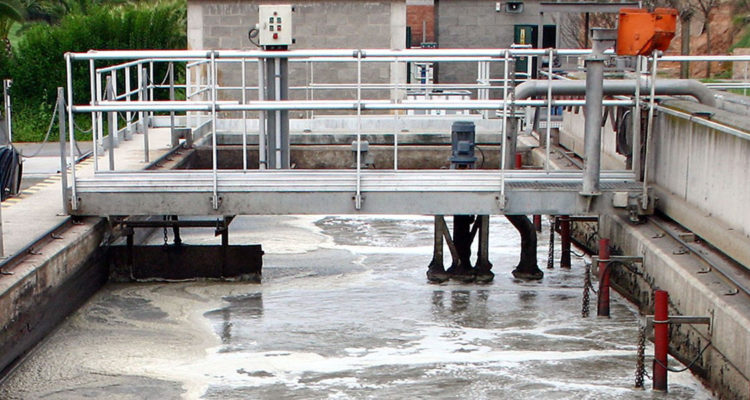Treating wastewater is a very energy intensive process, and it accounts for about 3% of energy use in the U.K. It is also a vital process as it removes pathogens and protects the environment. Severn Trent, a water and waste company, was searching for a more energy-efficient means of treating wastewater and turned to the WMG at the University of Warwick for help.
Building on research into Microbial Electrolysis Cells, a process using electromagnetic microorganisms to break down organic pollutants in wastewater to produce clean water and hydrogen gas, the team at the University of Warwick implemented a more sustainable method of treatment, using recycled carbon fiber mats to produce hydrogen from the wastewater. Testing proved that the bacteria developed on the recycled carbon fiber anode had better temperature tolerance and produced more hydrogen than previously used materials.
A pilot project ran at Severn Trent’s Minworth waste treatment site and the process produced 18 times more hydrogen (at 100% purity) than the previously used graphite material while removing 51% of organic pollutants and up to 100% of suspended solids from the water. The hydrogen gas can be sold for use in hydrogen fuel cells for energy storage or electric vehicles or for other purposes.


